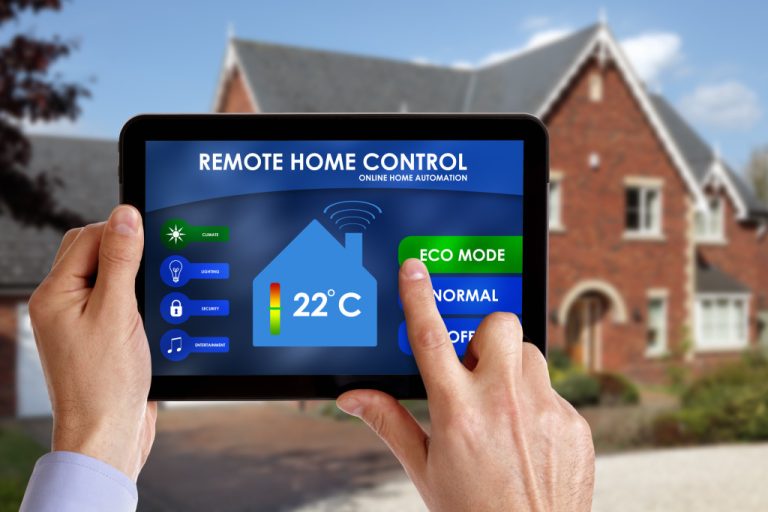It’s no doubt that energy efficiency is essential, given the ever-rising cost of energy. But what does it mean to make your house energy-efficient? For starters, it means using less energy to do the same work. You’ll need to employ some conservation methods and use energy-efficient appliances to do this.
So how exactly will you benefit from it? In most cases, energy conservation methods aim to reduce energy consumption and save money. In addition, many of these methods will also help reduce your environmental impact. Here are some tips on how to make your home energy-efficient:
Get an energy audit
Getting an energy audit is a great way to start making your home more energy-efficient. An energy audit is an assessment of your home’s energy use. The auditor will look at how well your home is insulated and what type of heating and cooling system you have. They will also check for air leaks and drafty windows. After the audit, the auditor will give you a list of recommendations for improving your home’s energy efficiency.
Some of these recommendations may be simple and inexpensive, such as weatherstripping your doors and windows. Others may be more expensive, such as upgrading your insulation or heating and cooling system. But making these improvements can save you money in the long run by reducing your energy bills.
Improve your home insulation
Most homeowners are interested in saving money on their energy bills. One of the best ways to do this is to ensure your home is well insulated. Good home insulation keeps heat in during the winter and out during the summer, which can make a big difference in your energy consumption. A variety of home insulation services are available, and a professional can help you determine which type of insulation is best for your home.
Apart from insulating your home, you can take several other energy-saving measures, such as sealing air leaks and investing in energy-efficient appliances. These steps can significantly reduce your energy consumption and save money on your utility bills.
Change your light bulbs

One of the simplest ways to reduce your energy consumption is to change your light bulbs. The old traditional incandescent light bulbs you’re using are inefficient and produce too much heat. This wasted energy costs you money and contributes to climate change. Compact fluorescent lamps (CFLs) and light-emitting diodes (LEDs) are much more energy-efficient. They use less electricity and produce very little heat.
In addition, LEDs last much longer than CFLs, so you won’t have to replace them as often. When choosing light bulbs, look for the ENERGY STAR label to ensure you’re getting a high-quality, efficient product.
Replace your old appliances
If your appliances are more than 10 years old, they are probably less energy-efficient than newer models. Even if they seem to be working fine, older appliances use more energy and cost you more money in the long run. When shopping for new appliances, look for the ENERGY STAR label to be sure you’re getting an energy-efficient product.
In addition to replacing your old appliances, there are several other ways to reduce your energy consumption. For example, you can wash your clothes in cold water, and air dry them instead of using the dryer. You can also unplug appliances when you’re not using them. Even if they’re turned off, they still use electricity if they’re plugged in.
Install a programmable thermostat
A programmable thermostat is a great way to save energy and money. You can set the thermostat to turn off when you’re not home and to turn back on a few minutes before you arrive. This ensures that your home is comfortable when you need it but that you’re not wasting energy when you don’t.
You can also use a programmable thermostat to automatically lower the temperature at night or when you’re away for an extended period of time. This can save you a significant amount of money on your energy bills.
Reduce your water heater temperature
One of the best ways to reduce your energy consumption is to lower the temperature of your water heater. Most water heaters are set to 140 degrees Fahrenheit, but you can save energy by turning it down to 120 degrees. This simple change can save you money on your energy bills and extend the life of your water heater.
In addition to lowering the temperature of your water heater, you can also save energy by insulating your hot water pipes. This will help keep the heat in and prevent your pipes from freezing in the winter.
Final thoughts
Making your home energy-efficient is a great way to save money and help the environment. There are several simple steps you can take to reduce your energy consumption, and these tips will help you get started. What method have you found to be the most effective in reducing energy consumption?

